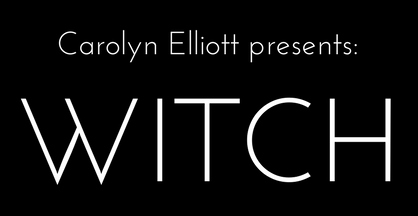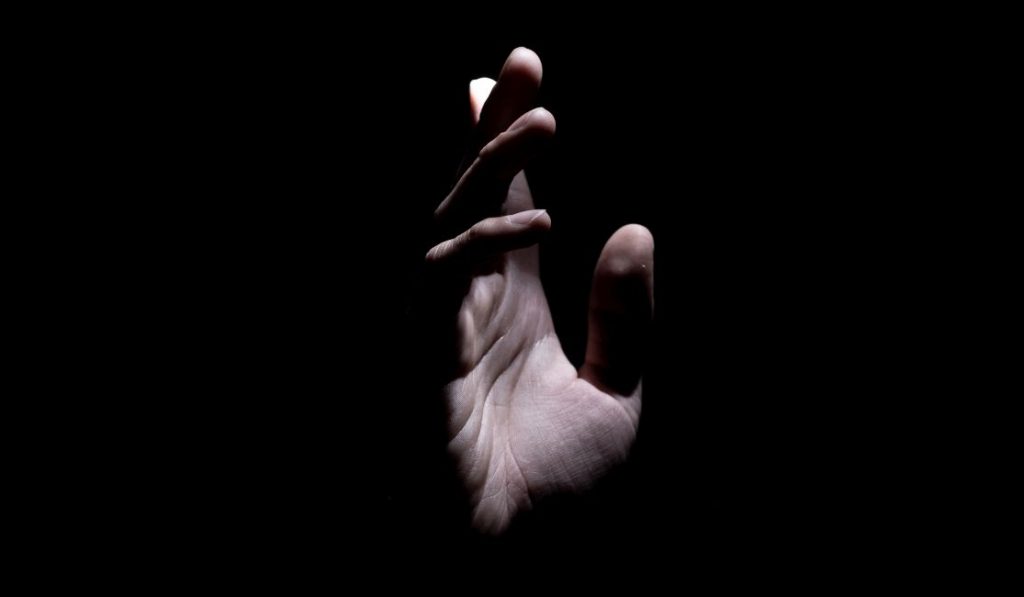by Kezia Vida
In the past year, some major spiritual teachers have been called out for a range of inappropriate behavior. That’s all well and good, but truly, it is just a game of whack-a-mole.
Until we learn to be better students who just don’t stand for bullshit, the bullshit will go on. And on.
No one has time to waste on spiritual education that is not grounded, reciprocal, and forward thinking.
How can you help stop the cycle? Read these signs and take them in.
The better student you become, the more growth, healing, and transformation becomes possible for all.
1. Your Teacher Plays Favorites and Breeds Competition
Have you ever finished a workshop and known right away who were the most favored students and who were the least?
This is a huge red flag.
Open jockeying between students for attention/praise, making show of receiving gifts/praise/donations, and invitations/plans that are randomly offered engage students in a quest for approval.
Instead of focusing on your own personal journey, you become focused on whether the teacher thinks you are worthy or not.
This can be quite subtle. Beware of any teacher who spends time during their events singling out students and either profusely praising or harshly chastising them.
This triggers jealousy and competition between students, decreasing the harmony of the group and increasing dependency on the teacher.
2. You Don’t Know/Can’t Figure Out The Origin Of Their Teachings
All teachers came from somewhere, no matter how naturally enlightened they may claim to be.
It’s a good sign when your teacher’s personal history is a topic they speak about openly.
Do your best to understand it and do your own research before you make any major commitments to someone you haven’t known long.
If you discover something curious about your teacher online, ask them about it (with humility and respect).
Their reaction will speak volumes. This teacher’s origins don’t need to be pristine, but they should be willing to be honest about their past.
3. You Can’t Clearly Articulate How Their Teachings Are Helping You
Sometimes a spiritual teacher can have such a presence or create such a beautiful space, we can get lost in the smoke and mirrors and lose track of a vital question – what are their teachings and how are they helping you?
Yes, it can be effective just to simply be in someone’s presence or in the space they create.
But if you’ve dedicated more than 10 hours of your life to a teacher and you haven’t received any tools, techniques, or specific teachings, it’s an issue.
Run to the door if a teacher ever implies that you are confused because you aren’t spiritually advanced enough.
This means their students aren’t learning!
Be a responsible student and check in with yourself regularly – are the teachings you are receiving helping you in tangible ways?
4. Your Teacher Becomes Defensive, Aggressive, and/or Dismissive When Questioned
Never forget that you are a student and so it is your job to ask questions in order to learn.
Some spiritual teachers maintain that it is disrespectful to question how or why they are doing something, especially if it is spiritual in nature. I reject this wholeheartedly.
A strong teacher should welcome the doubting student as a great opportunity to a change of mind and heart.
If it feels clear to you that certain questions/topics are taboo or considered disrespectful and/or aggressive in a teacher’s space, consider why.
It’s not that teachers can’t have boundaries – but they should be willing to help the student understand clearly why they are there.
If you’re ever made to feel wrong or ashamed because of a question that tugged at your heart, consider it a blessing and leave.
You Make Excuses for Their Bad Behavior
Be honest with yourself – have you ever witnessed your teacher do or say something that you feel was painful, inappropriate, and/or potentially harmful to one of their students or you?
If so, were you able to speak up and honor your feelings?
This is not about seeking perfection from teachers.
All humans make mistakes. But the more power a human has, the more accountable they need to be to the people they relate to.
We show our respect towards someone when we share our truth with them.
It is not a matter of guilt, shame, or blame, it is about holding open the possibility of transformation by allowing your pain to be witnessed.
And yes, if you feel it would be impossible to express your feelings to a teacher, it’s time to leave the situation.
The more excuses you make for their bad behavior, the more likely it is that you will eventually end up burned.
The reality is, when we are caught up with a teacher that has an imbalance between their ego and their spirit, it indicates we do as well.
Ultimately, we all have the freedom to choose who we are spiritually vulnerable with and why.
Certainly more than our ancestors ever did. It is up to us to be discerning and responsible with our most delicate selves.
And of course, even when harm occurs, there are always great lessons to be learned.
In this sense, I see the process of releasing our attachments to harmful teachers not as a judgment but as an act of love.
As one of my most powerful teachers taught me, I recognize anyone who claims the spiritual path as family.
If we feel a spiritual teacher or leader has personally harmed us, I believe is an act of service to be honest with them about how or why.
When we share our wounds in the spirit of reconciliation and healing, we all collectively do better.
What have you learned about finding good teachers and being a good student along the way?
What other warning signs do you look for? I’d love to hear your thoughts and ideas!
IN CONCLUSION
If this essay resonates with you, please join our WITCH email list by using the forms on this website so we can stay in touch.
About the Author:
featured image source



